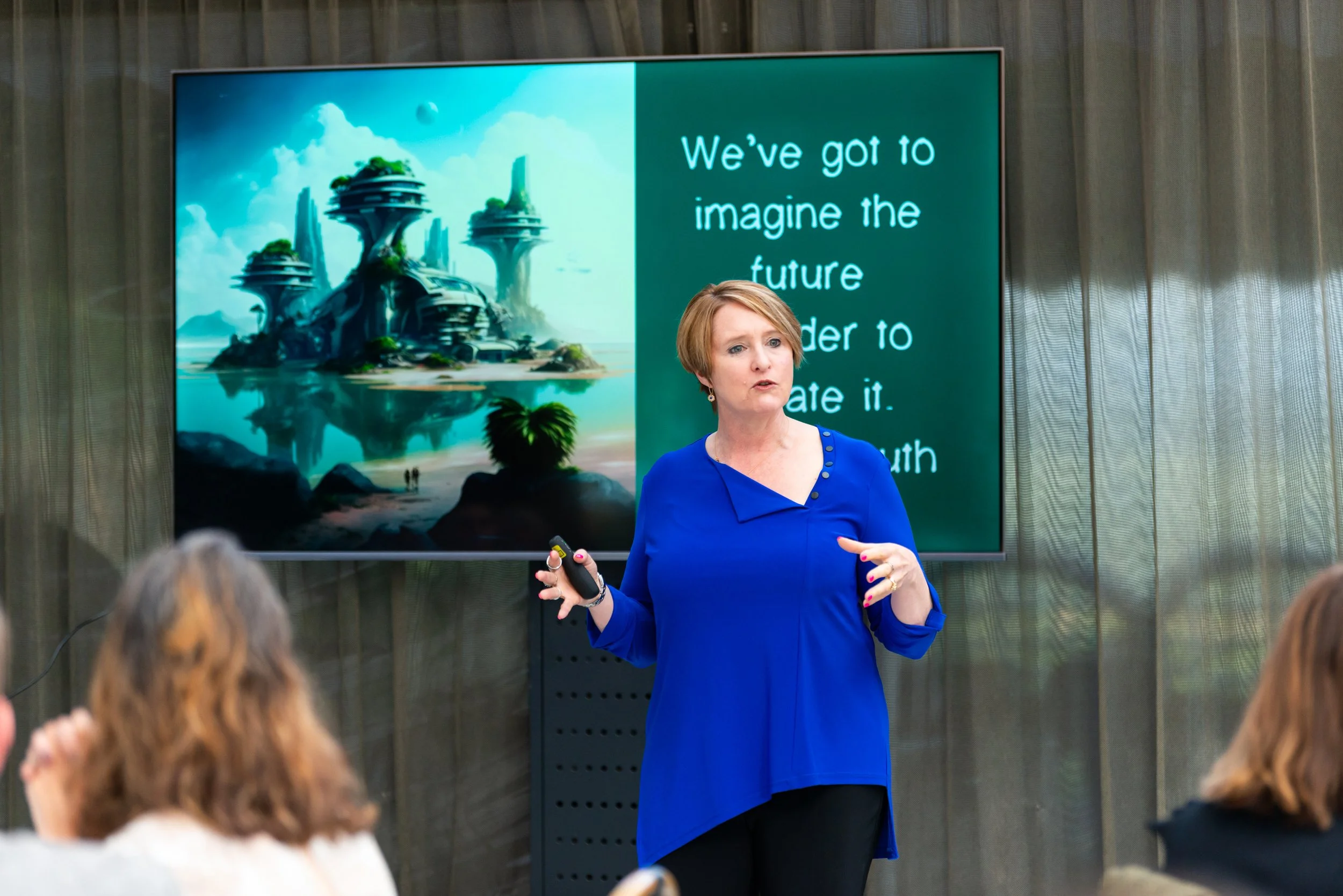Cultivating a 'giving' leadership approach
Leadership principles for giving without expectation
My five year old nephew William stood mesmerised in front of a subway performer drumming Christmas tunes at the 34 Street subway station in New York. His Dad came over and put a dollar in his son’s hand and said, “Go put the money in the bucket.” William looked quizzically at his Dad, then trundled off, dropped the bill in the can, and came back to ask, “Why Dad?”
“Because it’s good to give, to show appreciation.”
I like the other subway commuters, were warmed by the father’s lesson to his son: helping others and giving is a good thing. What others did not know as I did is that William’s Dad has given hundreds of thousands of dollars to various charities over his career. He was teaching his son that giving, with no strings attached, to a stranger they’d never see again, was a value that was worth living by.
Two of my favourite books of 2016 are Simon Sinek’s Leaders Eat Last and Adam Grant’s Give and Take. Both explore the nature and impact of giving as leaders. In Sinek’s book, he highlights that caring leaders create the best companies. Sinek advocates leadership as a parental model: a leader looks out for their ‘family’, and staff ought to be considered as family. For Sinek, leadership is a biological imperative, as primal as the parental instinct.
My favourite part of the book, and in his various videos, is the explanation of bio-chemicals in leadership. Oxytocin in particular is leadership gold. Oxytocin is the feel-good hormone that occurs in well-bonded teams, between mother and child, and when we partake in a twenty second hug. We experience an oxytocin rush when we help someone else. We also experience oxytocin when we witness someone else performing an act of generosity.
This is one of the reasons I am so keen to showcase various leaders in my upcoming Un-Conference who are generous givers in their business and donate time and energy to various charities. Many were reluctant at first to share their story, embarrassed to be profiled this way. For many giving is just the natural thing to do. I was able to persuade them to share their story because it will help others feel good (bring on the oxytocin), and it will also inspire others to acts of generosity as well.
In Give and Take, Adam Gant makes the case for building giving communities as a success model that trumps traditional power and achievement strategies. Self-interested people he calls ‘takers’ - people who are happy to receive and take what they can and what is being offered. ‘Matchers’ are those who give and take equally. ‘Givers’ are those who operate from a generosity principle and who think of helping others first. At first glance, it would seem that a ‘matching’ approach is the most sensible - everyone gives and received equally. Takers are eventually seen for what they are - selfish - and givers may end up at the bottom for being too generous, too kind, and defaulting to doormat status.
However Gant’s research shows that it is the givers and the giving cultures that reap the most rewards. This is when the giver maintains focus on two things: unerring consideration for others, AND rigorous ambition for themselves. There is a subtle and important distinction:
Givers have a TOTALITY mentality, not a DUALITY mentality. A DUALITY mentality is, “I want you to succeed so that I will benefit in turn. I only want your success if it means my success too.” A TOTALITY mentality is, “I want to help you succeed, and I want me to succeed. I have equal and non-competing desires for our respective success.”
If we give to others so that we may gain ourselves, this insincerity, or taking disguised as giving, actually hampers progress as people can sense the selfishness. The truly generous inspire others, and others go out of their way to help those who have helped them. This is never at the heart of a giver’s intention though. They give because it makes them feel good.
Giving is a 3-way Gain because it helps the receiver, it helps the giver (giving activates the feel-good of oxytocin), and it helps the energy of reciprocity.
Contribution creates energy.
A ‘pay it forward’ ethos in giving communities keeps generosity and helpfulness flowing through groups, and in doing so increases the benefits for the whole.
That’s the kind of community I want to belong to and invite you to. Come and join us at the Edge of Leadership UnConference where the ethos of giving and paying it forward will be front and center for all of us.
***
Related Articles:
What leadership principles do you need in a crisis?
Design powerful experiences for a boundless team
***
About the author, Canberra leadership expert Zoë Routh:
Zoë Routh is one of Australia’s leading experts on people stuff - the stuff that gets in our way of producing results, and the stuff that lights us up. She works with the growers, makers, builders to make people stuff fun and practical.
Zoë is the author of four books: Composure - How centered leaders make the biggest impact, Moments - Leadership when it matters most, Loyalty - Stop unwanted staff turnover, boost engagement, and build lifelong advocates, and People Stuff - Beyond Personalities: An advanced handbook for leadership. People Stuff was awarded Book of the Year 2020 by the Smart WFM Australian Business Book Awards.
Zoë is also the producer of The Zoë Routh Leadership Podcast.


